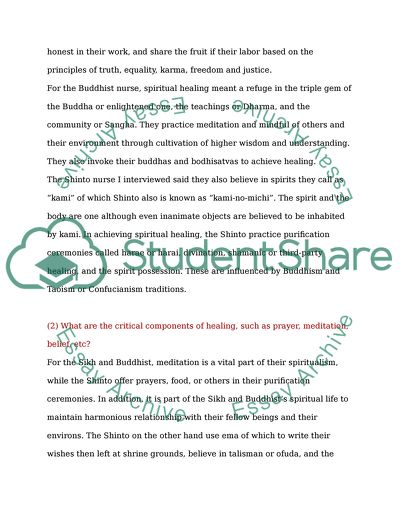Cite this document
(“Health Care Provider and Faith Diversity Essay Example | Topics and Well Written Essays - 1250 words”, n.d.)
Retrieved de https://studentshare.org/nursing/1430712-health-care-provider-and-faith-diversity-first
Retrieved de https://studentshare.org/nursing/1430712-health-care-provider-and-faith-diversity-first
(Health Care Provider and Faith Diversity Essay Example | Topics and Well Written Essays - 1250 Words)
https://studentshare.org/nursing/1430712-health-care-provider-and-faith-diversity-first.
https://studentshare.org/nursing/1430712-health-care-provider-and-faith-diversity-first.
“Health Care Provider and Faith Diversity Essay Example | Topics and Well Written Essays - 1250 Words”, n.d. https://studentshare.org/nursing/1430712-health-care-provider-and-faith-diversity-first.


